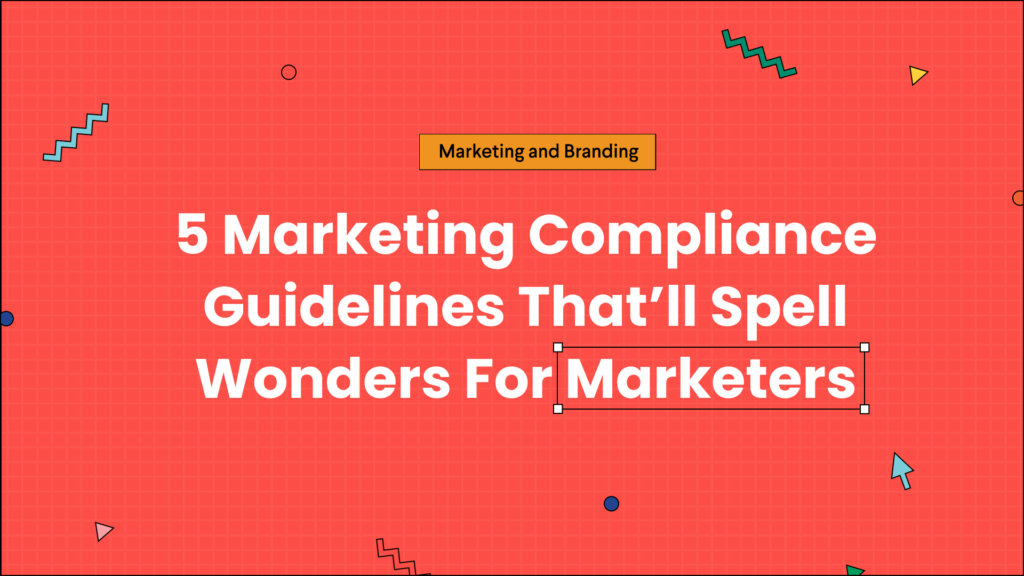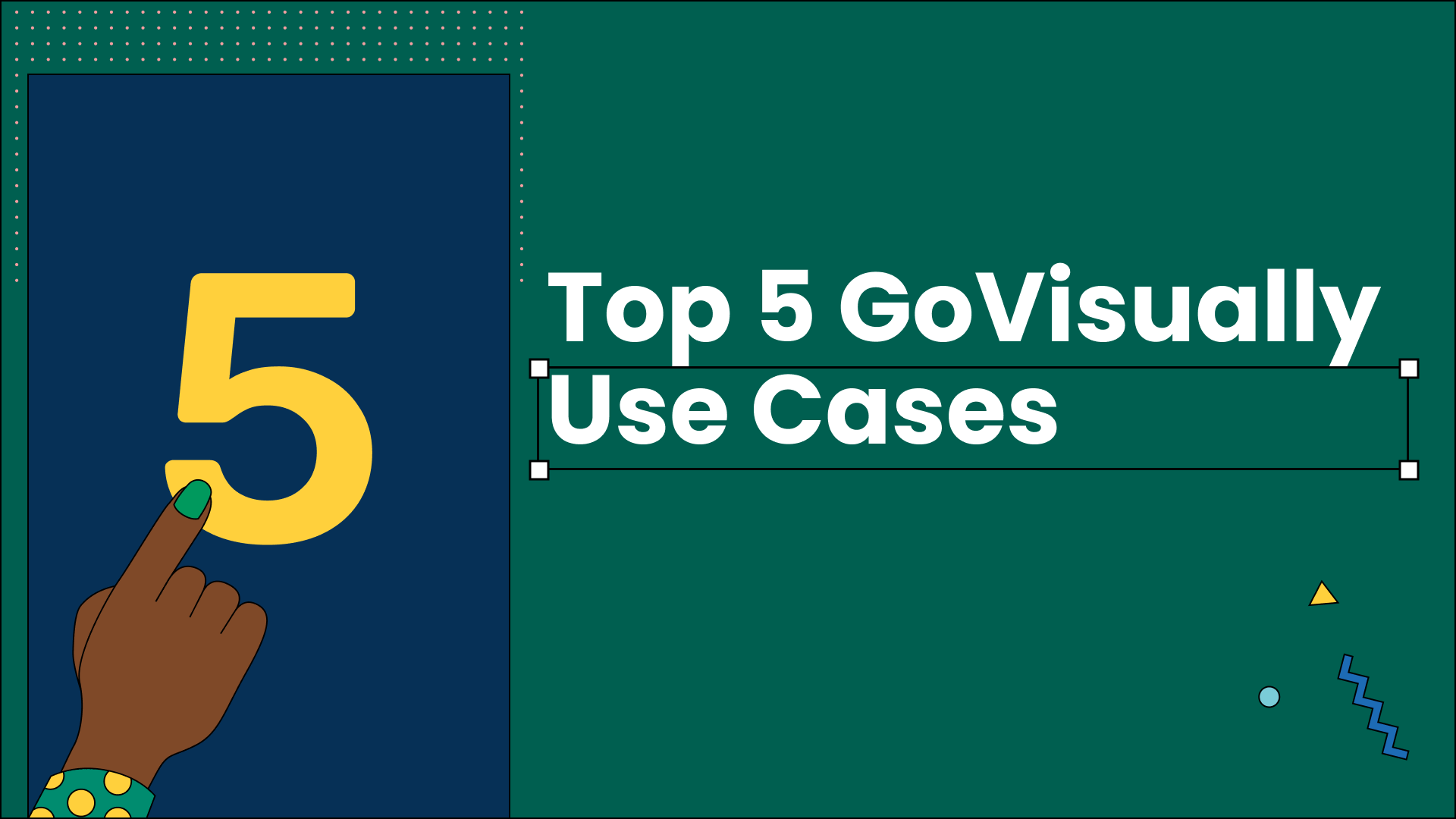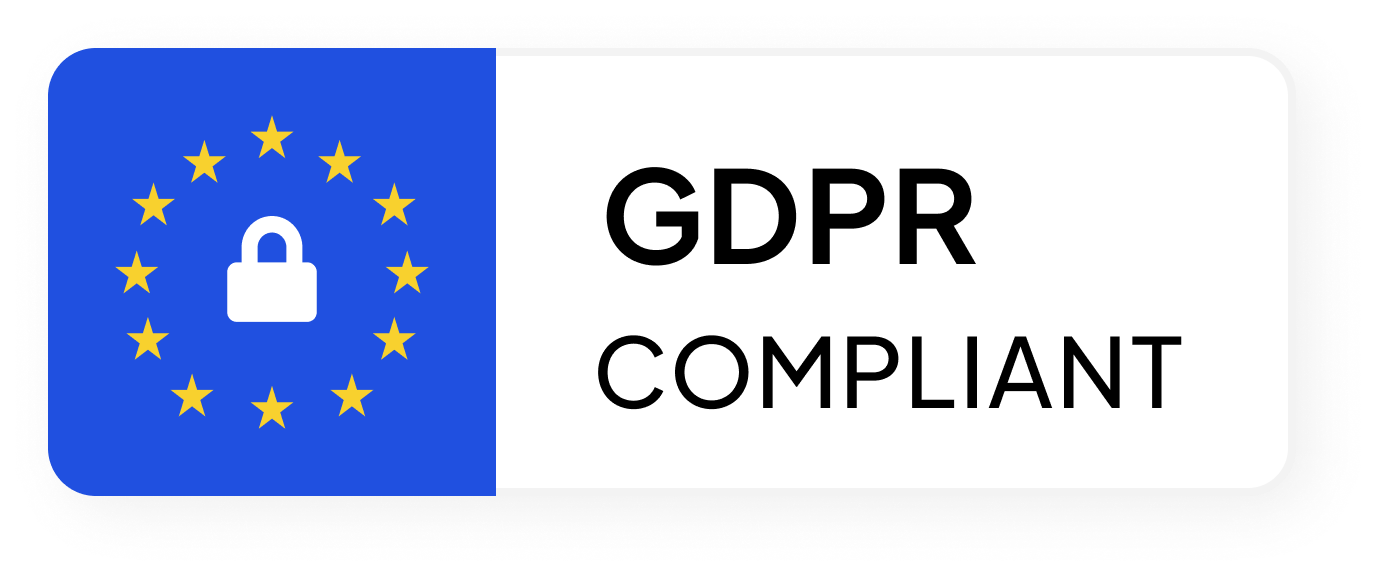As a marketer, being aware of marketing compliance guidelines can spell wonders for you and your agency. All you need to know is where to start or which areas to focus most on. We know this can feel overwhelming. But don’t worry, because we’ve got you covered!
We’ve compiled a list of 5 primary compliance in marketing guidelines that every marketer should know about. These include both internal and external compliance standards, and honestly, they can save your business.
After we discuss these, we’ll also review why you must follow them. But first, let’s explore what primary marketing compliance measures you should be taking.
Table of Contents
1. Build & Maintain High Brand Integrity
Brand integrity means carrying out all services related to your business in an ethical, respectable manner. It consists of an encompassing sense of respect, honor, and honesty in all departments of your enterprise.
This may seem like a no-brainer to you at first, but there’s a lot that goes into building and maintaining brand integrity. When you carry your business forward with the right values and principles, you often meet internal and external compliance standards without even realizing it.
But when you fail to maintain these, your business faces repercussions.
You could end up compromising on your values amidst making a high-impact decision that directly concerns your stakeholders. And you may think it was a one-time thing, but the chances are that your clients or investors won’t like it. Once you compromise on your integrity, it’s hard to build it back.
For instance, Volkswagen had to face a severe lawsuit after the FTC found out that they falsely advertised environmentally-friendly diesel cars to their clients. The company ended up selling or leasing more than 550,000 diesel cars on these false claims. And the heavy fines aside, the brand hasn’t been able to recover from the hit to its reputation.
On the other hand, when you focus on respecting your brand, you’ll automatically find yourself straying away from questionable marketing methods.
So, how can you achieve this?
Well, it all comes down to values. The first step would be to determine what they are for you. It’s best if you write these down so that you can solidify and streamline them.
The next step would be to bring awareness about them to your team and help them understand why they’re essential. And finally, you can take steps to help truly integrate these values into your brand culture and message until they become part of it.
2. Don’t Make Deceptive or Unfair Claims
When it comes to marketing, there are countless ways to produce content and communicate with your audience. It can be in the form of your brand’s messaging, mission statement, advertisements, sponsorships, or social media posts. And your audience relies on this content to learn about your business.
So, if you think you can afford to make any deceptive or unfair claims to your audience, think again. It’s even more crucial to be cautious of this when customers’ health, safety, or finances may be concerned.
For example, agencies like the FTC (Federal Trade Commission) continuously fire at dietary supplements or weight-loss products that claim they serve as a cure-everything solution. Brands that sell these kinds of products are at higher risk of getting in trouble by authorities because they make unfair claims that aren’t substantiated by evidence.
In 2010, popular yogurt brand Activia suffered a loss of $45 million after marketing their yogurts with deceptive claims. They’d advertised their products as “scientifically proven” to have health benefits and claimed that they consisted of special bacterial ingredients. While they might’ve made 30% higher sales in the short term, these false claims ended up costing them a lot more later.
So, in all cases, avoid making statements that aren’t true or that haven’t been backed up by real evidence. Your customers do notice these things, and it never works long-term. It eventually fires back and ends up costing you a lot.
Also, you must ensure to give proper credit where credit is due. For example, when you borrow content from other brands or websites, always be upfront and honest about it.
3. Be Fully Authentic & Honest About Your Products
That aside, you should also be fully authentic about your products or services. Part of valuing your customers means that you must provide them with full disclosure about product details and costs.
Trust is an essential component of building useful connections in business, particularly between a brand and its consumers. Consequently, when you hide the truth about specific products, your customers do eventually find out. And when they learn that you haven’t been entirely authentic, they tend to lose trust in your brand.
For example, let’s consider the ironic case of The Honest Co. The business ended up having to lose $1.55M after they deceived clients and provided false data. It shows the extent of the damage a few false statements can cause.
You must be honest about all expenses and conditions in any agreement and not conceal any insights regarding your items or administration. Hidden charges or unwanted inclusions are not something clients are going to be okay with. So, you must consistently make sure to include full details in disclaimers.
Don’t charge customers for something without their consent or approval.
4. Collect & Use Marketing Compliance Data with Caution
As marketers, we’re always collecting data on market trends, customers, competitors, and more. But at times, we can forget that this data belongs to people (and is about them) and can be misused if not collected with caution.
It’s pertinent to protect customers’ safety and privacy in all aspects of your business. When consumers entrust you with personal information – whether via websites or surveys – they expect you to keep their interests safe. If you use this data for purposes other than intended, you can get sued. And that’s not even the worst consequence that can happen.
Once you lose consumers’ trust or the media finds out that your business hasn’t taken care of people’s privacy, your brand can go under. And it’s often somewhat difficult to recover after such a thing happens.
Take Facebook as an example. There was a time in 2019 when people found out that Mark Zuckerberg hadn’t been candid about Facebook’s use of users’ data. As a result, people quickly lost interest in the app and even stopped using it completely. It took Facebook a long time and a lot of effort to recover from that.
5. Don’t Mislead Customers with Advertisements
Businesses can often get carried away with advertisements. In attempts to coerce people to buy products or attract them to click on links, marketers can mislead customers with false information. This is unacceptable in the world of marketing compliance.
For example, the brand Sears Holdings falsely advertised its products as “100% pure bamboo”. Companies think they can get away with such claims, but Sears had to pay a fine of $475,000 to compensate for their lies. In reality, their products are made from rayon and not bamboo.
Remember that your clients drive your business. Without them, you won’t make any profit and won’t have any reason to continue. So, to deceive or lie to them is one of the biggest mistakes you can make in the industry. Not only does the truth eventually reveal itself, but it also tarnishes your brand image in the process.
So, when creating advertisements, be very careful about how you’re representing your brand and what you’re portraying. Don’t mislead customers in an attempt to make ads appear flashy or attractive. It never works unless it’s based on the reality of your products and services.
Why Should You Follow These Marketing Compliance Guidelines?
Now that we’re clear on the five primary marketing compliance guidelines you should be following, let’s quickly review why marketing compliance is so substantial.
When you don’t follow compliance standards, you compromise on your brand integrity, and as a result, your brand image and reputation suffer. With time, you can lose customers (and revenue) if you don’t prioritize doing the right thing.
To make things easier, you can use an online reviewing software like GoVisually to ensure that you’re following these guidelines. GoVisually essentially makes your reviewing process easier and quicker. You can communicate effectively with your clients and receive their live feedback. This process makes it very easy for you and your agency to ensure that the marketing compliance guidelines are being observed.
Key Takeaway
Prioritizing marketing compliance guidelines can help you navigate the world of marketing better while ensuring that you don’t compromise on brand integrity.
So, as long as you operate by a set of values and follow these guidelines, you can easily maintain a high brand image, consumers’ trust, and good market reputation.







